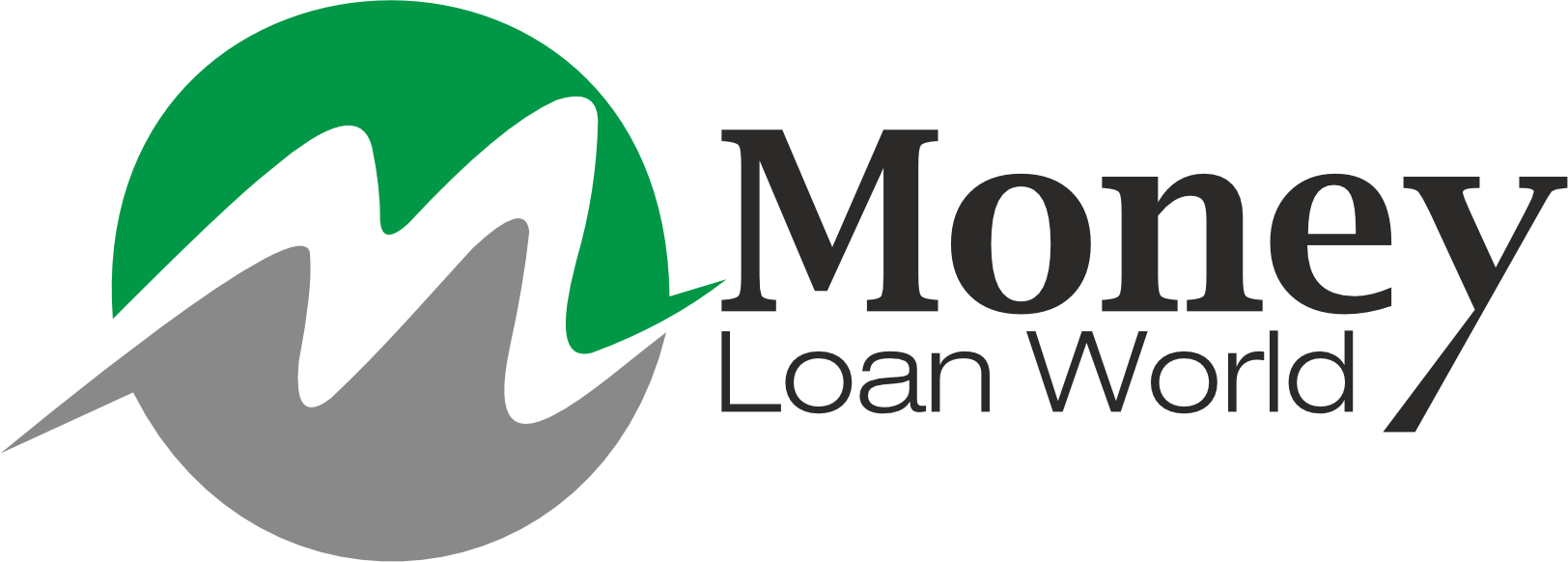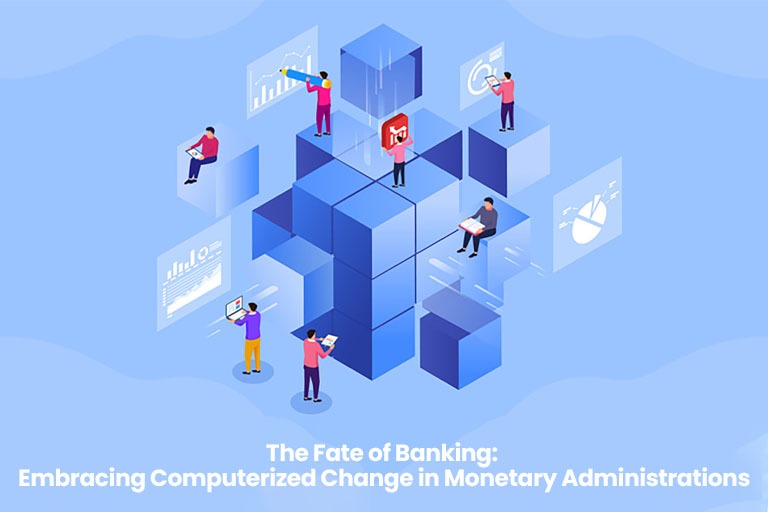The monetary administration industry has been going through a huge change lately, generally determined by quick progressions in innovation. Conventional financial models are developing to meet the changing necessities and assumptions of buyers in a computerized age. As the world turns out to be progressively interconnected, the fate of banking lies in embracing computerized change. This article investigates the critical patterns and advantages related to this change and talks about how banks can adjust to flourish in the computerized period.
- Enhanced Client Experience:
Advanced change offers banks a potential chance to reform the client experience. With the ascent of portable banking, customers can now get to their monetary data and perform exchanges advantageously from any place, whenever. Versatile applications and easy-to-use interfaces give instinctive and customized encounters, making banking administrations more open and custom-made to individual requirements. Also, high-level information examination and man-made reasoning empower banks to offer proactive monetary exhortation, customized proposals, and further developed misrepresentation identification, cultivating more grounded client connections.
- Innovation and Deftness:
Computerized change urges banks to take on a culture of development and dexterity. By utilizing arising innovations like computerized reasoning, blockchain, and distributed computing, banks can smooth out tasks, decrease costs, and further develop effectiveness. Robotization of routine undertakings permits workers to zero in on higher-esteem exercises, for example, essential navigation and relationship-working with clients. Besides, open financial drives and organizations with fintech new businesses advance joint efforts, cultivating a culture of consistent improvement and development inside the business.
- Data-Driven Bits of knowledge:
In the advanced period, banks approach tremendous measures of client information. By saddling this information through cutting-edge investigation, banks can acquire important experiences in client conduct, inclinations, and monetary requirements. These bits of knowledge empower banks to foster customized items and administrations, upgrade risk the board rehearses, and further develop independent direction. Besides, information-driven models work with credit scoring and guaranteeing processes, making them more precise and effective. As information security and protection stay principal concerns, banks should likewise guarantee hearty network safety measures to safeguard delicate client data.
- Financial Consideration and Openness:
Advanced change can overcome any issues between the banked and unbanked populaces around the world. Through advanced financial channels, people in underserved regions can get to essential monetary administrations, like opening records, moving cash, and acquiring credits. Portable banking and computerized wallets additionally empower helpful and secure installments, lessening dependence on cash and extending monetary incorporation. Notwithstanding, it is urgent to address foundation moves and elevate computerized education to guarantee equivalent admittance to banking administrations for all portions of society.
- Regulatory Scene:
As banking develops in the computerized period, controllers face the test of offsetting advancement with security and dependability. Legislatures and administrative bodies should adjust their systems to address the remarkable dangers and open doors related to advance banking. Powerful network safety guidelines, information assurance regulations, and normalized open financial structures are fundamental to keeping up with trust and safeguarding shoppers. A coordinated effort between banks, controllers, and innovation suppliers is significant to lay out an administrative climate that advances development while shielding the monetary framework.
- Personalized Abundance The board:
Computerized change empowers banks to offer customized abundance-the-board answers for their clients. Through cutting-edge examination and AI calculations, banks can investigate individual monetary objectives, risk resilience, and venture inclinations to give customized speculation exhortation. Rob o-warning stages influence mechanization and man-made consciousness to make tweaked speculation portfolios and rebalance them on a case-by-case basis. This customized approach engages clients to pursue informed monetary choices and accomplish their drawn-out monetary goals.
- Seamless Cross-Boundary Exchanges:
Advanced change can upset cross-line exchanges and global settlements. Conventional strategies for moving assets across borders are frequently sluggish, exorbitant, and inclined to blunders. In any case, blockchain innovation offers a decentralized and secure answer for a moment, with minimal expense exchanges. Banks can use blockchain and disseminated record innovation to improve and smooth out cross-line installments, dispose of delegates, and lessen exchange charges. This development can work with a worldwide exchange, advance monetary development, and work on monetary incorporation on a worldwide scale.
- Embracing Open Banking:
Open banking is an idea that urges banks to share client information safely with outsider suppliers through application programming points of interaction . This joint effort among banks and fintech organizations permits clients to get to a more extensive scope of monetary administrations and imaginative items. By sharing client information, with client assent, banks can offer upgraded monetary arrangements like record accumulation, planning devices, and customized suggestions. Open financials cultivates rivalry, support advancement, and engages clients by giving them more noteworthy command over their monetary data and the capacity to pick the administrations that best address their issues.
- Cyber Security and Trust:
As computerized financial keeps on developing, guaranteeing vigorous network safety measures is fundamental. Banks should put resources into cutting-edge security frameworks, including encryption, multifaceted confirmation, and consistent checking to safeguard client information and forestall digital dangers. Building entrust with clients is fundamental, and banks should be straightforward about their information assortment rehearses and show areas of strength for security and information insurance. Administrative consistence, customary security reviews, and worker preparation on network protection best practices are fundamental to keeping up with the trust and certainty of clients in the computerized financial environment.
- Shifting Labor force Elements:
Advanced change in banking likewise influences the labor force. As robotization and computerized reasoning advancements smooth out processes and perform routine errands, the jobs and ranges of abilities expected in the financial business will develop. While certain positions might be uprooted, new open doors will arise. Banks should put resources into up skilling and reskilling projects to furnish their representatives with essential computerized and logical abilities. This change in labor force elements additionally offers the opportunity for representatives to zero in on esteem-added exercises, like structuring associations with clients, giving customized counsel, and driving development inside the association.
Conclusion:
The eventual fate of banking relies on embracing computerized change as an impetus for development, client-centricity, and functional productivity. By utilizing innovation, information, and cooperation, banks can improve client encounters, drive monetary incorporation, and explore the developing administrative scene effectively. Be that as it may, this change requires an essential methodology, hearty network safety measures, and constant variation to arising patterns. With a client-driven outlook, deft tasks, and a guarantee of security, banks can situate themselves at the front of the computerized transformation, conveying excellent monetary administrations in an undeniably interconnected world.
Read more.. The Job of Corporate Social Obligation in Improving Brand Notoriety Read more.. Exploring Assessment Season: Fundamental Methods for Amplifying Allowances and Limiting Liabilities
